Montana Tech Research

Federal agencies continue to update their guidance in relation to the President's recent Executive Orders, including the Executive Order ending federal support for DEI initiatives. Please view the updates on the University of Montana website.



Montana Tech researchers are tackling grand challenges that are at the interface of disciplines. Research focus areas vary widely, from successful environmental remediation techniques meant to clean up some of the world's most contaminated Superfund sites, to novel processes that will extract and process rare earth minerals needed to lead the world's clean energy future. View our Research Fast Facts, that outline the impact of research initiatives and projects at Montana Tech.
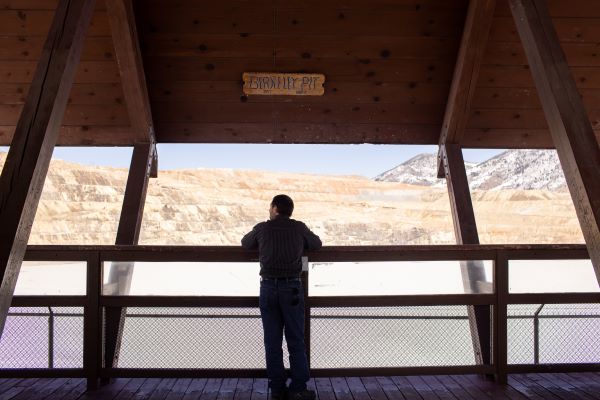
Focus areas include:
Geochemistry, Water Science, Hydrogeology,Carbon Sequestration, Computation and Modeling Systems, Rare Earth Elements, Educational Outreach, and Renewable Energy.
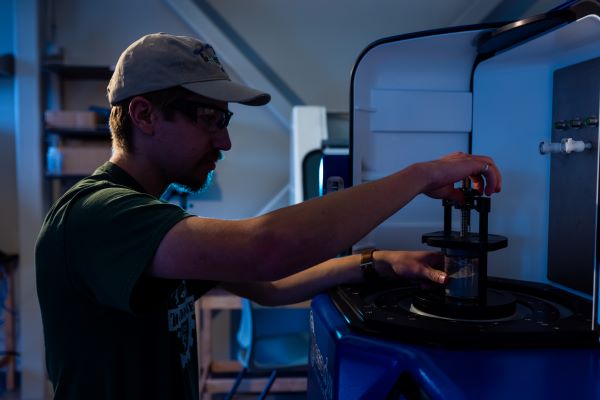
Focus areas include:
Biomaterials & Nanomaterials, Electronic, Photonic, & Magnetic Materials, Energy Storage, Conversion, & Conservation; Materials Synthesis, Processing, & Fabrication, Computation and Modeling Systems, Rare Earth Elements, Educational Outreach, and Renewable Energy

Focus areas include:
Natural Resource Extraction, Waste Management, Climate Adaptation Strategies, Environmental Technologies, Computation and Modeling Systems, Rare Earth Elements, Educational Outreach and Renewable Energy.

Focus areas include:
Biotechnology, Nanotechnology, Environmental Health, Computation and Modeling Systems, Rare Earth Elements, Educational Outreach, and Renewable Energy.
Montana Tech scientists push disciplinary boundaries and blaze new paths on the technology frontier every day.
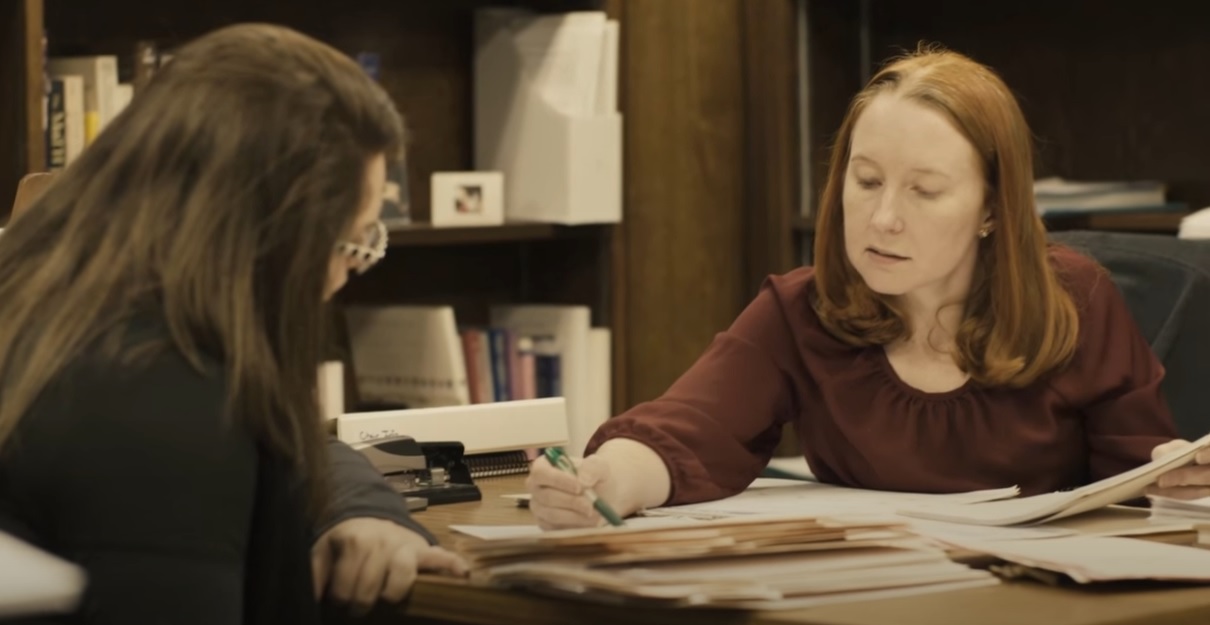
Here our researchers/scholars are organized by discipline.
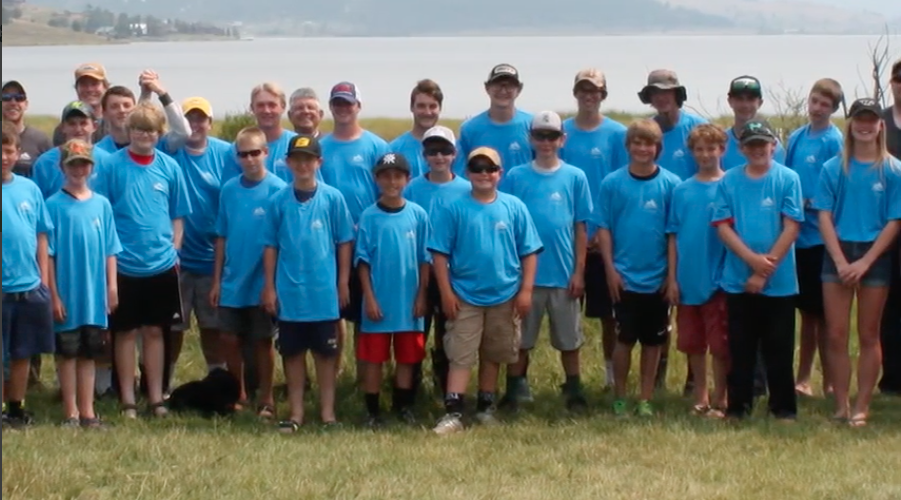
Focus areas include:
Educational Centers, Educational Research, Outreach, and Opportunities for Montana Tech Students.
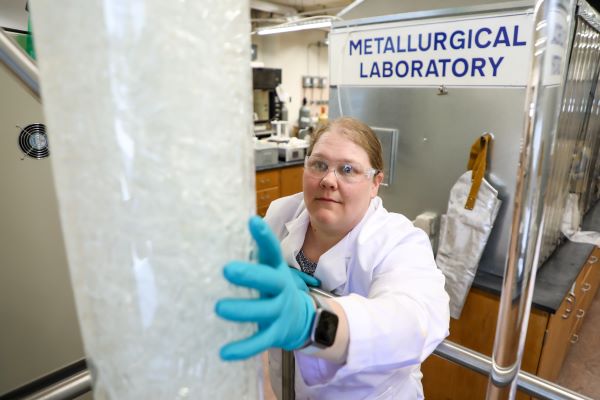
Montana Tech students participate in transformational programs where they apply their skills to become industry leaders, revolutionary researchers, and life-long learners.
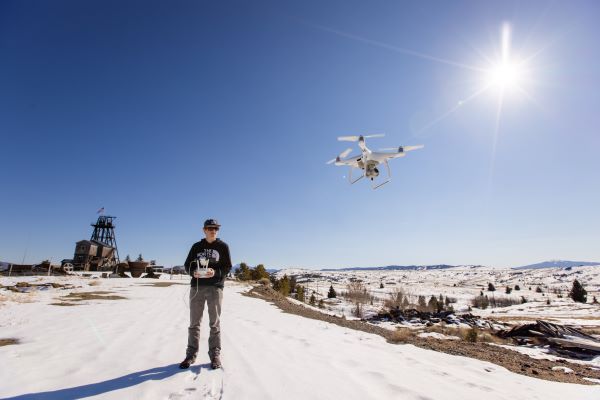
Orediggers learn by doing. An education a Montana Tech will take you into the field for hands-on experiential learning.
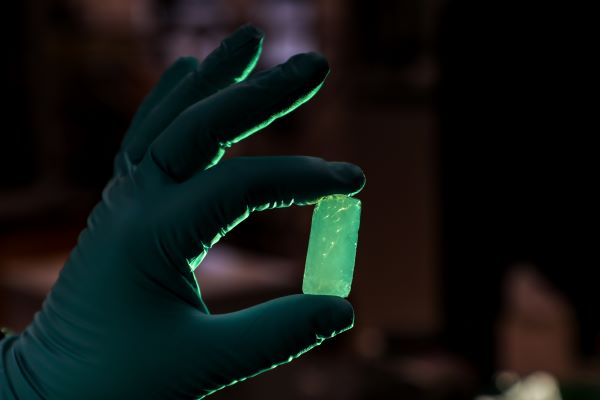
As a student, your education will be translational. You'll take work from the lab, to be put into practice in the field.
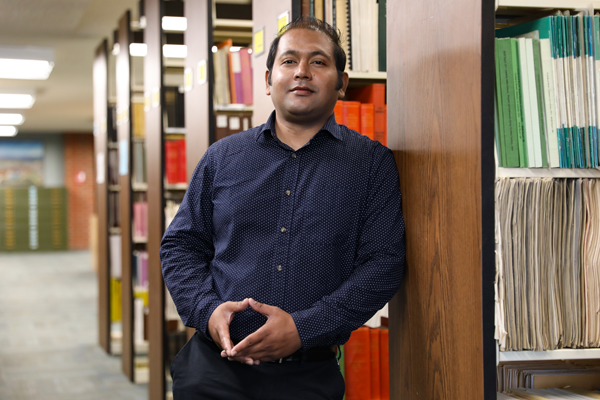
An assistant professor of mechanical engineering at Montana Technological University will receive a $199,927 Engineering Research Initiative (ERI) grant from the National Science Foundation.
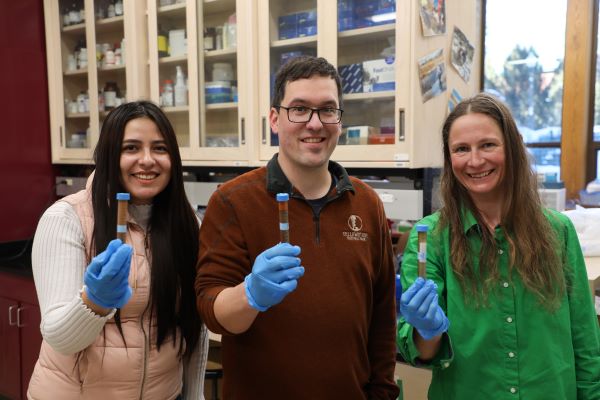
Researchers with Montana Technological University’s Laboratory Exploring Geobiochemical Engineering and Natural Dynamics (LEGEND) have released a new article in the peer-reviewed, multidisciplinary, scientific journal Nature Communications, featuring hot springs in Yellowstone National Park.
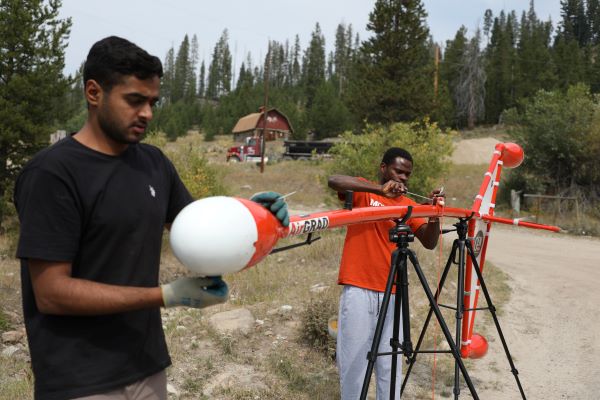
Whether he’s conducting missions at the Lubrecht Experimental Forest in Greenough, the Bear Paw Mountains on the Hi-Line, the Moulton Reservoir Ski Trails, or the mountainous areas of the Sheep Creek district in southern Ravalli County, when Geophysics Professor Dr. Xiaobing Zhou uses any of his drone systems, folks nearby often stop and take notice.
Research resources for Montana Tech faculty and staff are available here.
We are here to answer your questions, and connect you with the right resources to optimize research, growth, and discovery.
MUS 210, 212, 213
(406) 496-4106
ResearchOffice@mtech.edu